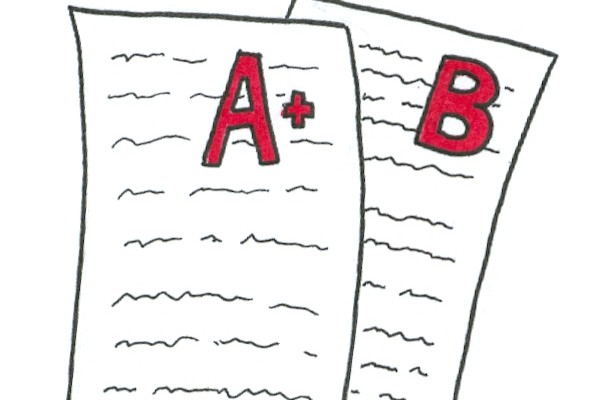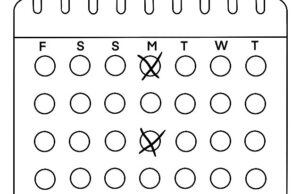Keep your grades to yourself

I sit at my desk, anxiously tapping my foot. The teacher calls my name and I do my best to calmly walk to the front of the classroom. The teacher hands me the paper and I use all of the restraint I have not to look at it. I return to my seat and finally allow myself to glance down at the paper in my hands. Before I even have the chance to read the red number written at the top of the page, I hear from my table partner: “What did you get on the test?”
Whatever it is that compels us to ask people what their grades are needs to be silenced. Really, there is no practical reason for asking this question. The information is in no way useful to the asker. All this question serves to do is make the answerer feel uncomfortable and breed academic competitiveness.
This academic competitiveness is entirely unhealthy. If you did better than your peers on a test, then knowing their grades will only inflate your ego. If you did worse than your peers, knowing their grades will only make you feel dumb and embarrassed.
Sharing test scores helps only to polarize a classroom. It turns a group of classmates into the smart and the stupid.
There is no point in knowing someone’s score. You can’t do anything with that information. It’s not going to change how you did. We should not be forcing people to reveal their grades so that we can compare ourselves to them. What we should be doing is comparing ourselves to ourselves. Look at your grade in comparison to your past scores and see how you have improved.
Let us return to our elementary school habits, when grades were a secret that we so dearly kept. When the teacher would hand back papers and you would hide them away in your folder, because you had been taught not to share your grades with anyone. Let us go back to when tests were not a competition of you against your classmates, but rather a competition of your brain against the questions, to see if you can beat that test.



